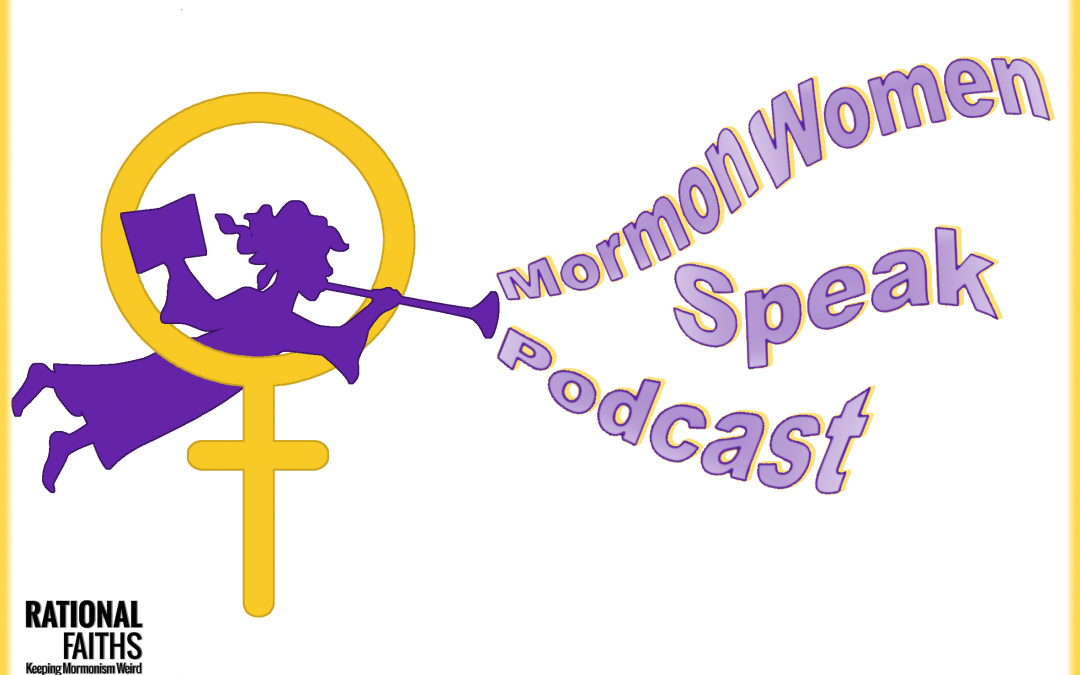Podcast: Play in new window | Download
Subscribe: Apple Podcasts | RSS
Part 4
(Please listen to Part 3 first if you have not already done so.)
- Where are the diverse women’s voices on current events regarding “me too” issues and what are their thoughts and insights regarding the Kavanaugh hearings?
- Is history repeating itself?
- How does the current news reflect an unchanged culture that still does not place women’s safety ahead of men’s reputations?
- What is white feminism and how is it impacting our culture?
- What is and is not being said and reported regarding sexual assault?
- How could we all benefit from adopting intersectional feminism as we continue to address issues of gender and racial privilege?
- Where do we draw the line in regards to being complicit in hate speech and erasure of those with differences?
Join Lesley and Miguel as they sit down with repeat guests, Sabra Darling and Crystal Legionaires, as they share their perspectives on the silencing of sexual assault and the issues surrounding the nomination and subsequent confirmation of Supreme Court Justice Nominee Brett Kavanaugh. We also cover the recent hate speech regarding the LGBTQ community by Elder Dallin H. Oaks in General Conference on October 6th, 2018.
***This podcast has a TW for sexual abuse, racial, gender, and cultural issues.***
Resources/References:
“Our knowledge of God’s revealed Plan of Salvation requires us to oppose current social and legal pressures, to retreat from traditional marriage and to make changes that confuse or alter gender or homogenize the differences between men and women” (Elder Dallin H. Oaks, General Conference, October 6th, 2018)
- The 2015 U.S. Transgender Survey found that 47% of transgender people are sexually assaulted at some point in their lifetime.
- Among people of color, American Indian (65%), multiracial (59%), Middle Eastern (58%), and Black (53%) respondents of the 2015 U.S. Transgender Survey were most likely to have been sexually assaulted in their lifetime
- Nearly half (48 percent) of bisexual women who are rape survivors experienced their first rape between ages 11 and 17.
The CDC’s National Intimate Partner and Sexual Violence Survey found for LGB people:
- 44 percent of lesbians and 61 percent of bisexual women experience rape, physical violence, or stalking by an intimate partner, compared to 35 percent of heterosexual women
- 26 percent of gay men and 37 percent of bisexual men experience rape, physical violence, or stalking by an intimate partner, compared to 29 percent of heterosexual men
- 46 percent of bisexual women have been raped, compared to 17 percent of heterosexual women and 13 percent of lesbians
- 22 percent of bisexual women have been raped by an intimate partner, compared to 9 percent of heterosexual women
- 40 percent of gay men and 47 percent of bisexual men have experienced sexual violence other than rape, compared to 21 percent of heterosexual men
https://www.cdc.gov/violenceprevention/sexualviolence/index.html
https://www.cdc.gov/violenceprevention/pdf/sv-datasheet-a.pdf
https://www.nap.edu/download/18605
Findings from a British study which seem to be replicated in USS studies. It explains why false accusations are made and how little it happens. It links to a few American studies which have similar conclusions as the UK study:
https://theconversation.com/heres-the-truth-about-false-accusations-of-sexual-violence-88049
American studies which correlate with British studies:
https://qz.com/980766/the-truth-about-false-rape-accusations/
Why women don’t report:
https://www.rainn.org/statistics/criminal-justice-system
National Criminal Justice Reference Service:
https://www.ncjrs.gov/pdffiles1/nij/grants/237582.pdf
Criminal Justice:
http://www.d.umn.edu/cla/faculty/jhamlin/3925/4925HomeComputer/Rape%20myths/Police.pdf





Recent Comments